German "stick-and-carrot": What did Scholz say to Kurti but not so directly to Vučić?
The first great Balkan assignment of the new German Chancellor was achieved: both Vučić and Kurti came to Berlin.
Thursday, 05.05.2022.
11:11
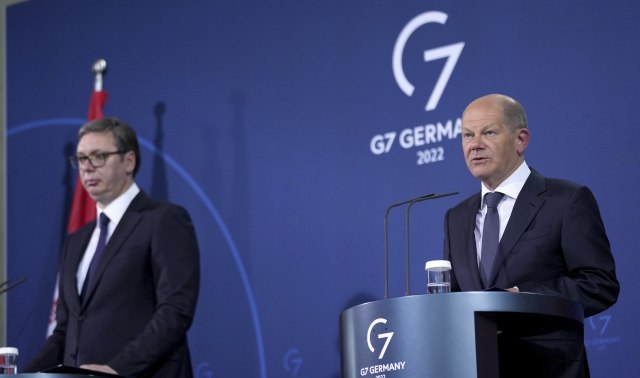
German "stick-and-carrot": What did Scholz say to Kurti but not so directly to Vučić?
The first great Balkan assignment of the new German Chancellor was successfully performed: both Vučić and Kurti came to Berlin.These are politicians, as Deutsche Welle writes, in whose hands is the solution of the currently biggest political problem in the Balkans - the relations between Serbia and Kosovo.
Apart from regular statements about the improvement of economic and political relations, then about the citizens of the two countries who live and work in Germany and who serve as a "bridge between homeland and Germany", the focus is on the continuation of frozen negotiations between Serbia and Kosovo, which are at the lowest level since the Brussels Agreement was signed in 2013.
A special meeting between Aleksandar Vučić and Albin Kurti on Wednesday night, which was held in the presence of Miroslav Lajčák, the EU special envoy for negotiations between Belgrade and Priština, gives additional weight to previous meetings in the chancellery.
No more mirages?
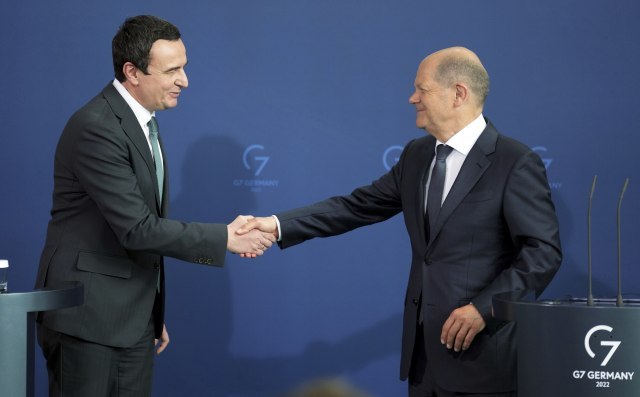
Scholz tried to explain the importance of the agreement with the stick and carrot method: the agreement between Serbia and Kosovo will benefit residents of both countries, especially the younger ones. Because, as the German chancellor said, the agreement will bring stability, investments and prosperity. It's a carrot.
The stick, at least for Serbia, is hidden in one important aspect that the German side has mentioned in previous sentences in all previous years, but still quite unambiguous: the final agreement will have to include the recognition of Kosovo.
Today, for the first time, a German Prime Minister said that in a straightforward manner. After talks with Kosovo Prime Minister Kurti, he said he envisioned normalizing relations between the two countries: "It will work only through concrete agreements reached by the two countries. There are many details, but of course that includes what Germany has done for a long time, and that is the recognition of Kosovo," Scholz said.
A few hours later, after the conversation with Vučić, Scholz avoided mentioning the recognition, but spoke about the "comprehensive agreement", the achievement of which will require "a lot of courage and determination". After that, Vučić said that Serbia should not be the only one to have to "swallow a toad" on the way to the final "comprehensive agreement".
"I believe that we will have the strength to make some progress in the negotiations, although it will not be easy. We will do our best to find a compromise solution," said the President of Serbia. In their reports, the German media described this statement as "approaching Kosovo", but for those who follow the negotiation process, that statement is not new and does not lead to excitement.
Scholz promised that Germany would support the continuation of negotiations between Serbia and Kosovo, which is a statement confirmed by all these events on May 4 in Berlin.
They still keep an eye on the Western Balkans
Contrary to expectations, the war in Ukraine was mentioned relatively briefly. Despite that, Scholz also connected that topic with the prospects for EU membership. "Now the European Union, as well as the candidates for membership, must act together," the Chancellor emphasized.He refrained from criticizing Serbia's refusal to impose sanctions on Russia, saying that he had clearly decided on Belgrade's multiple condemnations of Russian aggression. "Serbia has clearly sided with Europe, strongly condemning aggression," Scholz said.
As he said, the German Chancellor expressed his concern to Vučić about "secessionist tendencies" in Bosnia and Herzegovina, which introduced the second biggest security aspect when it comes to the Western Balkans.
The President of Serbia continues his visit to Berlin on Thursday (May 5) with talks with the Minister of Foreign Affairs Annalena Baerbock, after which he returns to Belgrade where he expects the visit by German Minister of Defense Christine Lambrecht, which also shows the current German ubiquity in the Balkans.
For his part, announcing a recent visit to Belgrade and Pristina, and organizing a new conference on the Western Balkans as part of the Berlin Process, which should take place in the fall, he made it known that Berlin still intends to keep an eye on that part of Europe.
At the beginning of the press conference, Vučić reminded how many times he was a guest at the same place during the rule of Angela Merkel. There may be some sadness in that statement, but with its activities in the Balkans so far, the new German government does not give room to those who feel reminiscent of the times when politics in Berlin was ruled by the Chancellor Merkel.










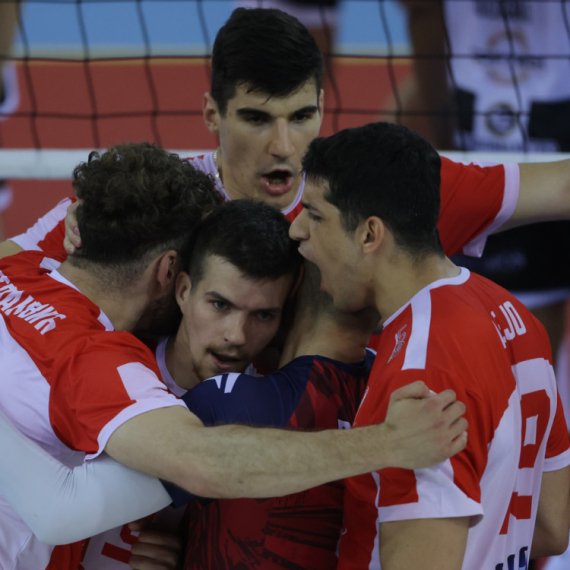
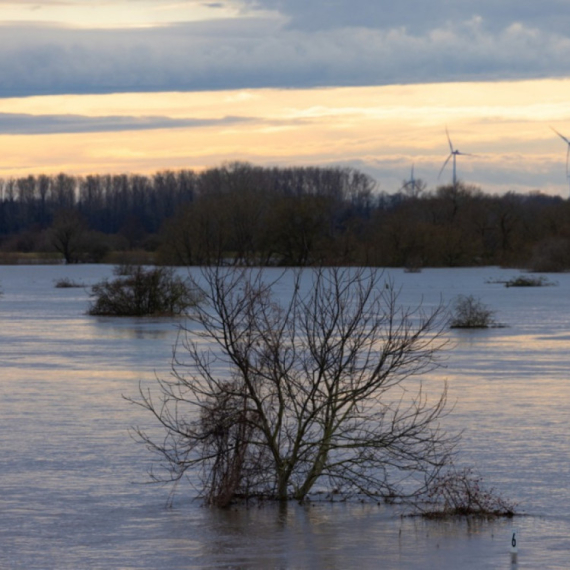
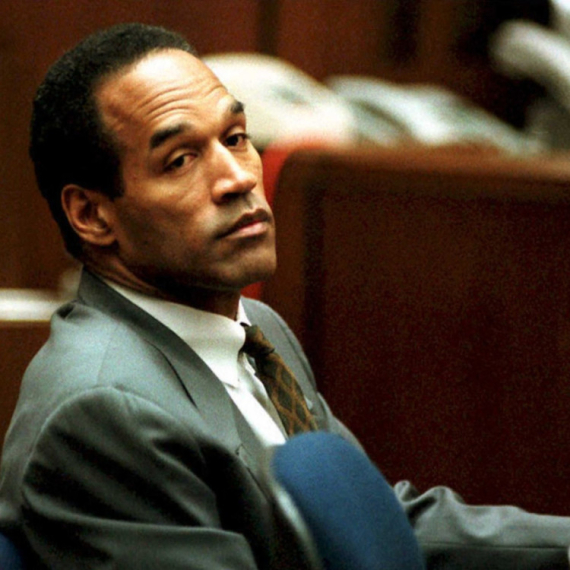
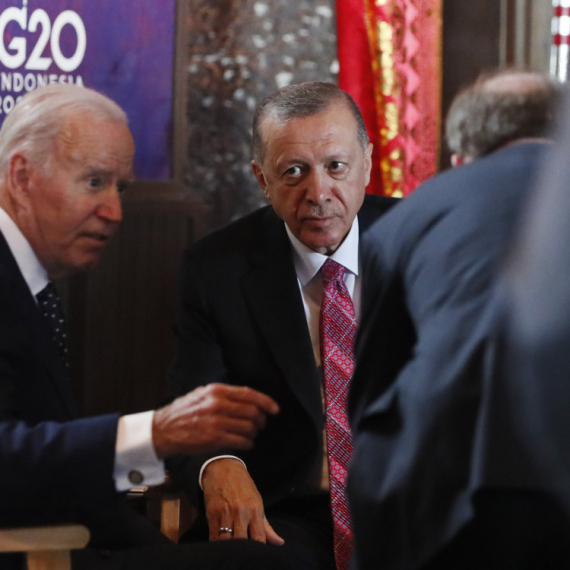


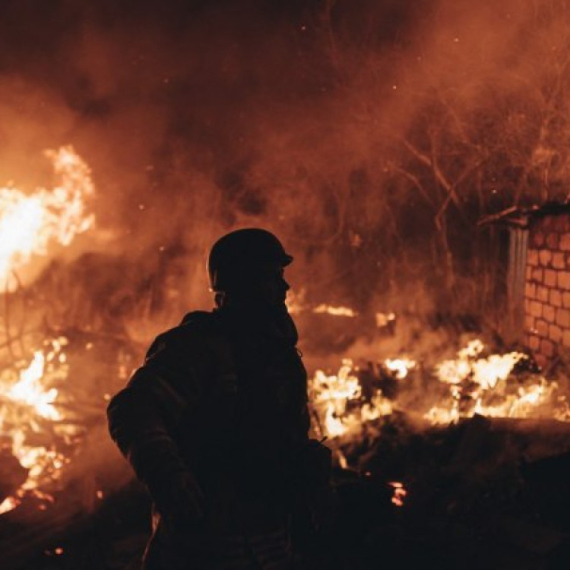


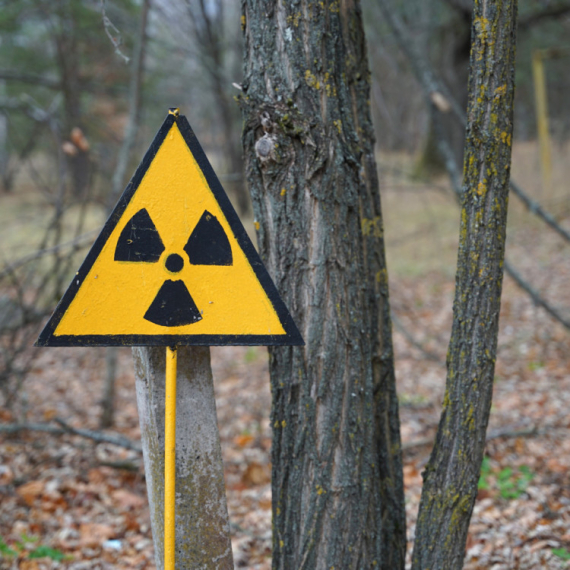
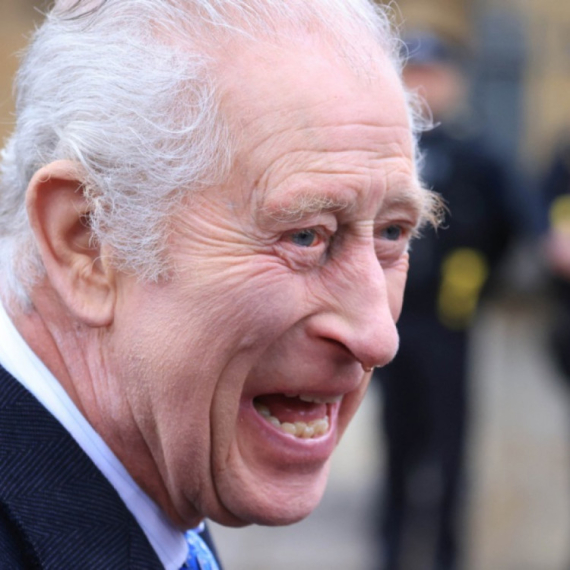
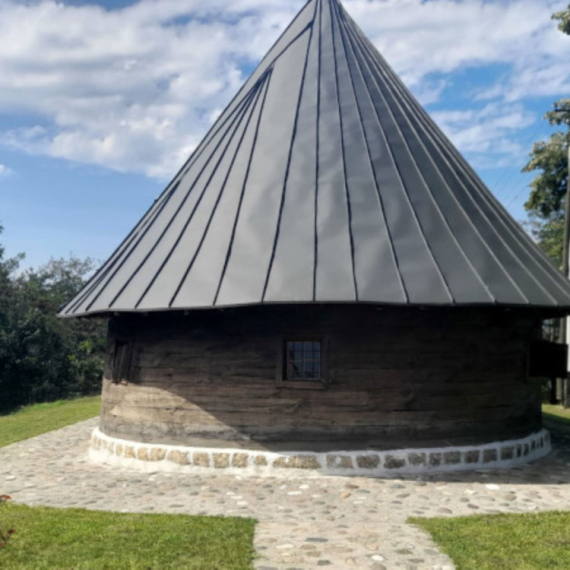































Komentari 1
Pogledaj komentare